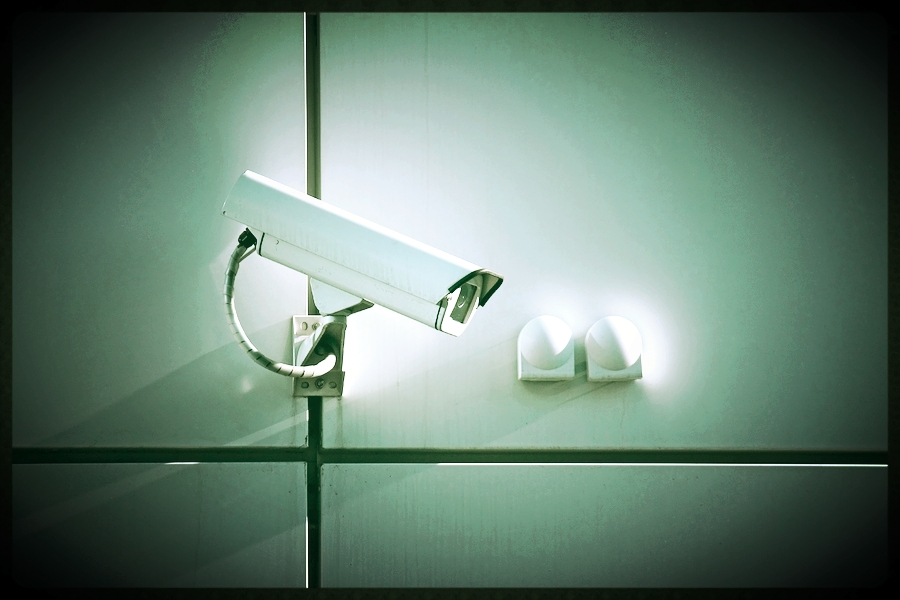IP security cameras (Internet protocol security cameras) have been available for several years in New Zealand, however due to higher pricing in they have been slow to take off in NZ.
CCTV cameras (closed circuit television cameras) have been around since the 1970’s and have continually matured as surveillance technology has improved.
Analogue CCTV systems have been the industry choice for both home and commercial applications for decades. They still remain the top selling security camera type in the New Zealand surveillance market. However things are quickly changing and with all the added functionality of IP cameras and their falling costs, popularity of IP cameras looks set to pass CCTV cameras in a short space of time.
New Zealand security camera professionals remain divided between IP camera systems and CCTV security camera systems, with both systems offering unique pluses and minuses.
The main benefits and negatives for each system are set out below:-
CCTV camera benefits
- Reliability
CCTV systems are totally on site therefor they are not open to the same network and connection problems faced by IP cameras
Used for over 4 decades, CCTV cameras have gone though many technical advancements and refinements
- Cost effective
CCTV camera systems are substantially cheaper to purchase and install than comparable quality IP camera systems
CCTV camera negatives
- Low resolution
The maximum level of resolution for CCTV cameras is 0.4 megapixels and yes in a world where 8 mega pixel cameras come standard on smartphones, it’s paltry.
Low resolution can be a huge disadvantage when trying to identify faces or zooming for proof of stolen items in a shoplifting situation.
IP camera systems benefits
- High resolution
IP cameras currently produce images of up to 8 megapixels, which are good for zooming in on human faces, vehicle license plates and specific areas of a still image without noticeable loss in quality.
- Remote viewing
IP cameras are able to be viewed remotely using computers/laptops or smartphones
An often under sold benefit of quality remote viewing IP cameras is that with the right set up and software you can save on monthly alarm monitoring and callout fees.
When you receive a trigger activation, you can immediately access your live security system stream to confirm wether it is a false alarm or an actual threat which requires an emergency call to the police.
- Wireless networks
IP cameras can easily be linked together with other IP cameras to provide full site surveillance without the need for additional wiring
- Encryption and interfacing
IP cameras provide secure data transmission though passwords, encryption and interfacing
IP camera systems negatives
- Costs
While we have noted the decreasing costs of quality IP cameras in NZ. A good IP camera system will still cost approximately double of what you would pay for a similar level analogue CCTV system.
- Network reliant
IP cameras transmit data through networks, this leaves them open to potential connection outages and glitches.
Summary and recommendations
While inexpensive IP cameras are now available, before purchasing it pays to throughly understand the encryption and security features of your cameras while transmitting data.
Where CCTV footage is recorded and kept on site, instances of data theft remain low. However data thief and interception of IP camera feeds is becoming more common place and can compromise safety of the very things your are looking to secure.
Buyers should carefully weigh the importance of the 3 main factors when deciding between installing CCTV security cameras or IP security cameras for their own situation
- Cost
- Reliability
- Remote accessibility

